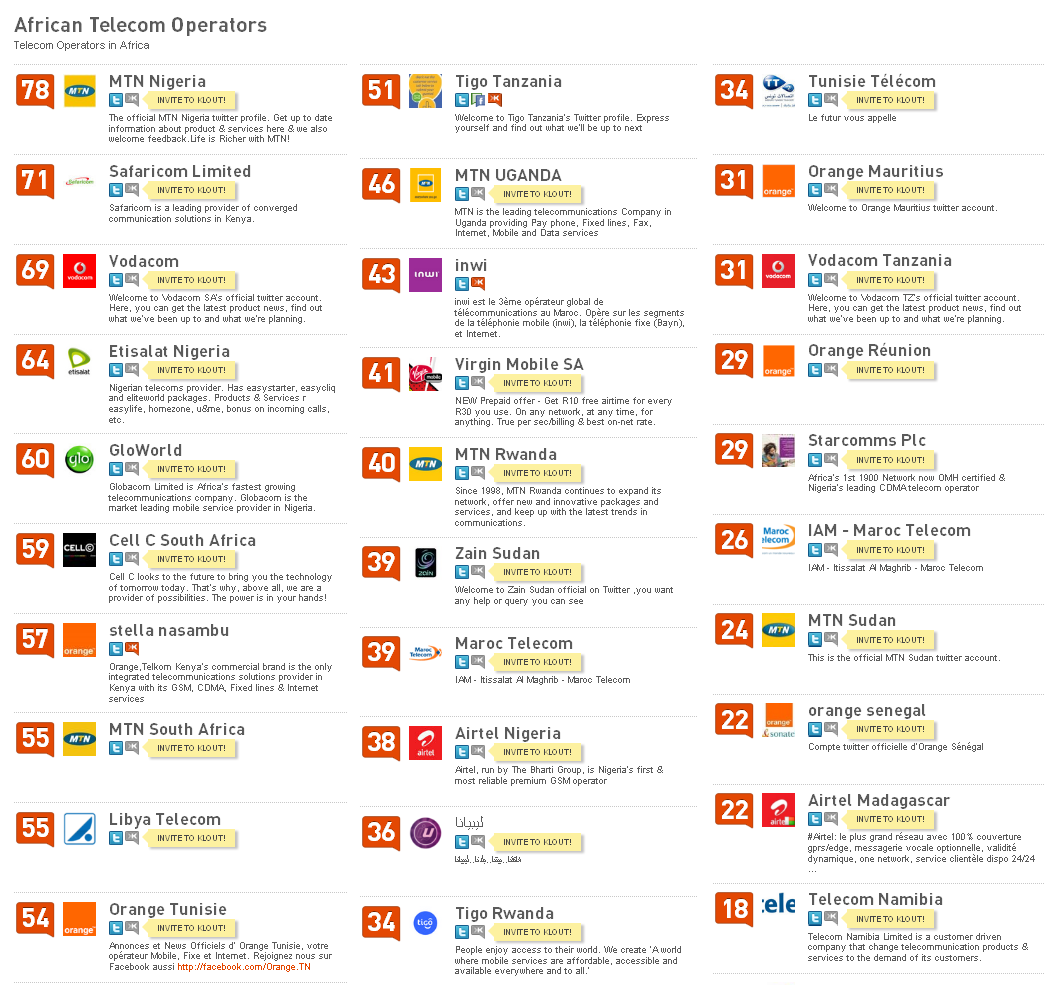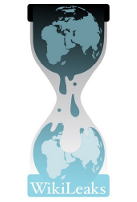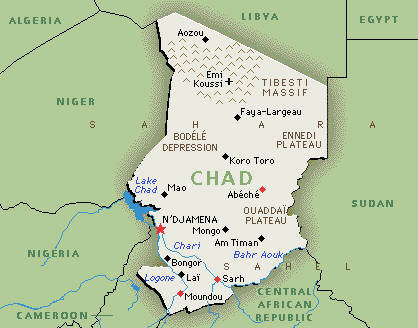 Of late, the North Central African nation of Chad (Tchad) has remained out of the international spotlight. Chad has also been on the periphery of the African tech scene. Libya and Sudan, neighbors to the north and east, respectively, have “stolen” much of the African news. And that is not necessarily a bad thing – life in Chad is seemingly stable. However, it is going to take more than status quo to improve the quality of life in Chad.
Of late, the North Central African nation of Chad (Tchad) has remained out of the international spotlight. Chad has also been on the periphery of the African tech scene. Libya and Sudan, neighbors to the north and east, respectively, have “stolen” much of the African news. And that is not necessarily a bad thing – life in Chad is seemingly stable. However, it is going to take more than status quo to improve the quality of life in Chad.
Last year, we found Chad’s progress toward information access rather optimistic, observing that, “published expectations for the Central African Backbone project and the apparent Libyan telecom stake in Sotel both are consistent with Chad’s national ICT policy outline created in 2007.” One year later, with only media reports on the well-funded Central African Backbone progress coming down the line, we are less hopeful that Chad will meet 2011 NICI goal of a completed 1,100km SAT-3/fibre backbone between N’Djamena and Adré and a 100% completed e-government network in N’Djamena.
At least work is underway on these initiatives. Lofty are the final goals for 2012. Will Chad boast 50,000 WiFi subscribers – roughly 5% of N’Djamena’s population – by the end of next year? An August 2011 report by Research and Markets confirms that Chad lacks still true fixed-line broadband, lacks 3G, and lacks international bandwidth. Satellite is the only means to a decent web browsing experience and is unreliable given the sporadic nature of power within the country.
All hope is not lost, however. Thanks to efforts from non-profit organizations like Chad Now, the Internet is gradually (and sustainably) reaching more Chadians. Early next year, Chad Now hopes to establish a solar-powered Internet cafe as part of a broader series of small-scale, short-term development projects. Even though broadband is not available in Chad, Cyber Cafe Chari will demonstrate the significance of computers so that Chadians are ready when the time for even greater innovation comes.
The whole endeavor is described on the hot-off-the-presses ChadNow.org. We’re especially intrigued by the option to test the Internet before paying (and the low access costs to spur local competition):
Chad Now centers the Internet cafe concept on the foundations of affordable startup, sustainable operation, cultural appropriateness, and excellent service. The model cafe, located in a low-income area of Chad’s capital N’Djamena, is comprised of four laptop computers powered by a flexible solar cell system. In addition to simple internet services, the cafe also sells computer accessories and refreshments. Free educational courses make the cafe a learning environment, and free access periods allow locals to try out the internet before paying. Once they do, they pay an hourly rate 30% below market price, a step that expands internet access equity and is made possible by the savings of solar power.”
In fact, Chad Now hopes to use this model to bring Internet access to even more Africans. Guidelines are:
- launch costs not to exceed $2,000 (includes two months’ pay for two employees)
- laptops running Ubuntu Linux
- strategic location to bring immediate clientele
- reduced access costs to increase demand and cause other cafe owners to cut costs to compete
- offer computer accessories for sale
- hosting of local entrepreneurs
- free computing classes for local groups
The video at the top of this post explains the solar charging system (battery, wiring, solar panel, controller, power inverter) with the goal of helping others avoid a lengthy trial-and-error process.
The beauty here is how two parties can agree on the benefit of an information society. The Plan de développement des Technologies de l’Information et de la Communication au Tchad, cites ICT as a vehicle needed to achieve a climate of peace, justice and democracy. Similarly, Chad Now also seeks to empower Chadians and improve livelihoods in Chad. The timing is certainly right with the arrival of international bandwidth via the Central African Backbone.
Follow @Chad_Now on Twitter.
Read about the effort to film a documentary in N’Djamena (including the creation of Cyber Cafe Chari).
Skim Chad Now’s recent article “Solar-powered Internet Cafés for Sub-Saharan Africa” which cites $190/month cost for 128kbps dial-up access and the unreliability of VSAT during Chad’s rainy season.

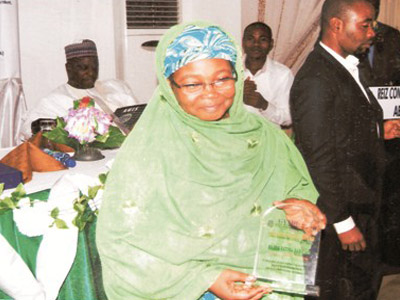

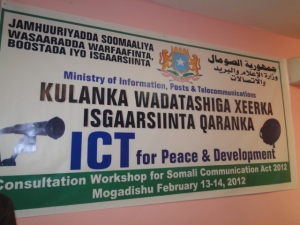
 Of late, the North Central African nation of Chad (Tchad) has remained out of the international spotlight. Chad has also been on the periphery of the African tech scene. Libya and Sudan, neighbors to the north and east, respectively, have “stolen” much of the African news. And that is not necessarily a bad thing – life in Chad is seemingly stable. However, it is going to take more than status quo to improve the quality of life in Chad.
Of late, the North Central African nation of Chad (Tchad) has remained out of the international spotlight. Chad has also been on the periphery of the African tech scene. Libya and Sudan, neighbors to the north and east, respectively, have “stolen” much of the African news. And that is not necessarily a bad thing – life in Chad is seemingly stable. However, it is going to take more than status quo to improve the quality of life in Chad.